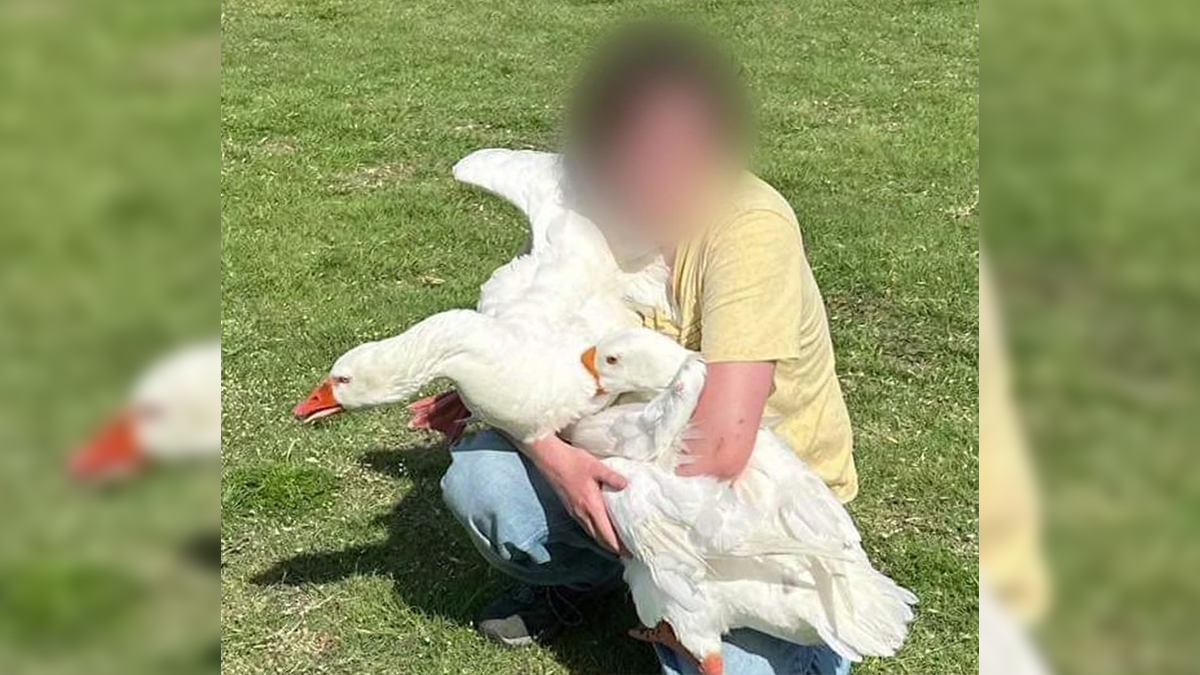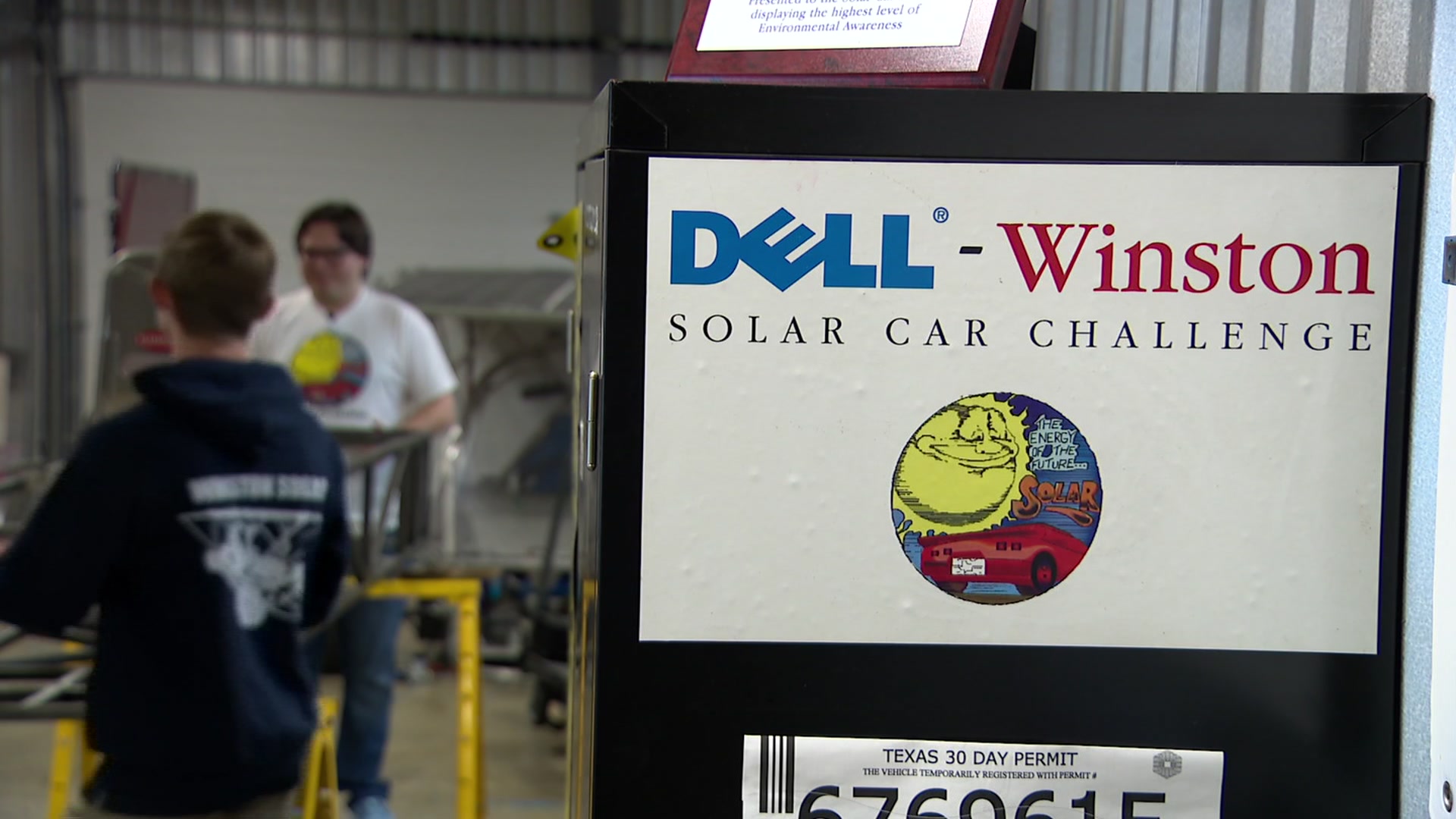The first of what may one day be 10,000 small cell towers in Dallas are starting to pop up and they sparked controversy at a City Hall briefing Wednesday.
Dallas is one of the first cities slated to receive faster 5G service from AT&T and Verizon. The small towers will help provide it.
State and federal regulations have thwarted city plans to make providers pay at least $2,000 a year for each of the new towers. Annual fees are limited to about $250 now.
"We have companies who are requiring the citizens of the city of Dallas to subsidize their business model by not paying fair market value for the use of our real estate," city council member Philip Kingston said.
The city of Dallas receives as much as $7,000 a month for the lease of existing cell antennas on city structures.
Attorneys for the city of Dallas are still fighting over fees for the new equipment. But Wednesday, council members complained more about the small tower locations.
Applications have been received for 778 towers already, and 551 have been approved by the city.
Local
The latest news from around North Texas.
Some may be combined with street lights to illuminate unlit roads or parks, which could be a benefit to those locations.
"And this is our opportunity to work with those service providers, to kind of focus on some of the areas," assistant city manager Majed Al-Ghafry said. "Obviously they have their business model and their typical locations that they would like to install these lights."
Instead of dark, uninhabited locations, the companies prefer densely populated areas where there are more customers to pay for service.
Councilman Kevin Felder complained about a map presented Wednesday that showed mostly downtown Dallas locations for the first new small towers.
Felder said his District 7, that includes the Fair Park area, mostly has slower 3G service.
"I can't support a program that is not going to serve my community and the entire southern sector. We have a problem here," Felder said. "We need service. We need connectivity."
City manager T.C. Broadnax said staff is negotiating with the providers to serve all of the city, including the Southern half, where city leaders are encouraging growth.
"We've been talking with them over the last few months over how they can begin to invest in southern Dallas," Broadnax said.
On the other hand, places that already have good service may oppose the new small towers.
Some council members said their constituents find the new small towers a nuisance.
"Just more visual clutter," councilman Lee Kleinman said. "I don't know how to get around that."
Some of the towers will be nothing more than a pole with a large box on the side for equipment and no street lighting.
"And I'm just concerned that parks is the one thing we can kind of protect and keep natural," councilman Mark Clayton said.
Mayor Mike Rawlings said the new technology is coming, one way or another, and the companies have been lobbying for years to get a strong position in Austin and Washington on how it will happen.
"It becomes a strategic question for us on how we're going to help guide this technology throughout our city. That is the question we should be asking ourselves," Rawlings said.
To reduce damage to Dallas streets that are already in rough condition, trenches to wire the new small towers will be just two inches wide.



